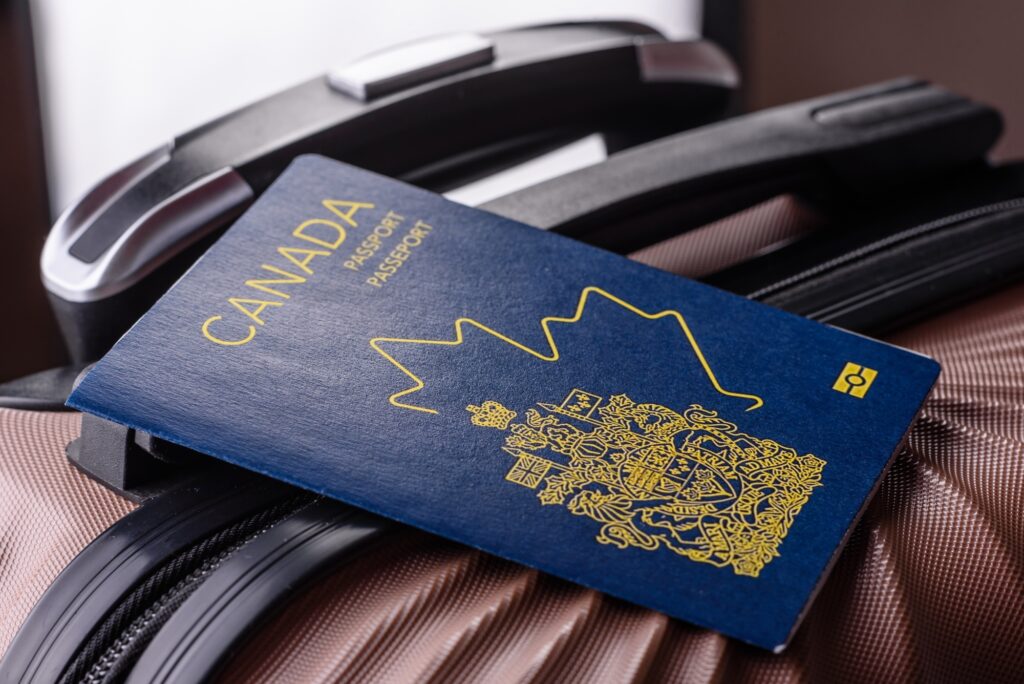Introduction
The Canadian government has reinforced its commitment to protecting foreign nationals facing human trafficking, family violence, and other vulnerabilities. Immigration, Refugees, and Citizenship Canada (IRCC) has introduced updated measures to ensure individuals in these precarious situations receive the necessary legal, financial, and healthcare support. The latest policy changes reflect Canada’s humanitarian approach to immigration, emphasizing safety, dignity, and stability for affected individuals.
Key Takeaways
- Canada has introduced enhanced support measures for foreign nationals facing human trafficking and family violence.
- Temporary Resident Permits (TRPs) will now be issued for a minimum of 12 months.
- Fees for follow-up TRPs, work permits, study permits, and biometric applications have been eliminated.
- Eligible individuals can access medical care through the Interim Federal Health Program.
- The government aims to provide stability and protection for vulnerable migrants, ensuring access to essential services.
Expanded Temporary Resident Permit (TRP) Policy
One of the most significant changes in Canada’s approach is the extension of TRPs for foreign nationals impacted by human trafficking or domestic violence. Under the revised policy:
- TRPs will now have a minimum validity of 12 months instead of shorter, case-by-case durations.
- Affected individuals can receive work and study permits alongside their TRPs, allowing them to achieve financial independence and pursue education opportunities.
- Dependents of TRP holders are also eligible for these benefits, ensuring family members are not left in precarious situations.
By granting longer-term permits, the Canadian government ensures that individuals facing crises have adequate time and resources to stabilize their lives without the immediate fear of deportation or loss of legal status.
Removal of Fees for Vulnerable Individuals
To further support foreign nationals facing hardship, Canada has eliminated application fees for:
- Follow-up TRPs
- Work permits and study permits for TRP holders
- Biometric data collection
The removal of these fees removes financial barriers that previously hindered vulnerable individuals from accessing essential immigration and employment services. This initiative aligns with Canada’s broader efforts to ensure fair and humane treatment for migrants and refugees.
Access to Healthcare and Social Services
Eligible individuals under this program can receive medical care through the Interim Federal Health Program (IFHP). This includes:
- Basic healthcare services
- Prescription medications
- Emergency care
- Mental health support
This ensures that individuals fleeing violence or trafficking have access to the medical care they need without financial burden.
A Commitment to Humanitarian Immigration Policies
Canada’s updated approach to supporting vulnerable foreign nationals reflects its dedication to human rights and protection-based immigration policies. By prioritizing stability, legal security, and access to resources, the government seeks to create a more inclusive and humane immigration system.
These changes not only assist individuals in crisis but also contribute to broader community safety and integration by allowing victims to establish independent and stable lives within Canada.
Conclusion
The Canadian government’s strengthened support measures for foreign nationals highlight its ongoing commitment to humanitarian immigration practices. By extending TRPs, eliminating fees, and providing access to healthcare, Canada is taking significant steps to protect individuals facing human trafficking and family violence. These policies ensure that affected individuals can rebuild their lives with dignity and security, reinforcing Canada’s role as a global leader in compassionate immigration policies.
#Canada
Source – canadaimmigration.news










